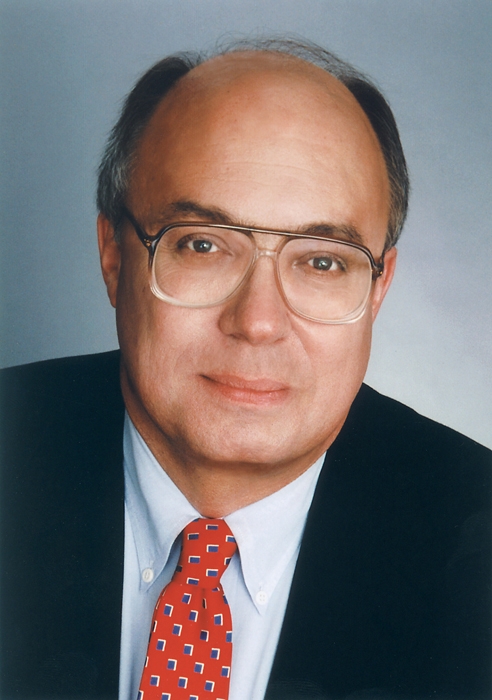Hospitals, psychiatric-care facilities and other health care centers would have greater leeway to donate unused medicine and medical supplies to residents who can't afford them under legislation proposed this week by Sen. Joe Simitian, D-Palo Alto.
Senate Bill 1329, which Simitian introduced Thursday, Feb. 23, aims to reduce the amount of medicine that is wasted every year and to assist residents who can't afford prescription drugs. According to Simitian, more than $9 billion in unused medicine and supplies is wasted annually in the United States even as more Americans find it difficult to afford prescription drugs.
The bill would allow counties to establish repository and distribution programs with various clinics, hospitals and other heath care facilities that would enable these organizations to donate unopened and unexpired medication to residents in need. While existing law allows counties to set up such programs, it limits participation to skilled-nursing facilities and drug manufacturers. The idea for the current law, which Simitian spearheaded in 2005, was submitted by a group of Stanford University medical students as part of his annual "There Oughta Be a Law" contest.
The proposed law, which Simitian was scheduled to describe at Stanford's Haas Center for Public Service on Friday afternoon, piggybacks on the earlier legislation and expands the number pool of potential medicine donors. It also allows nonprofit clinics and certain pharmacies to accept the donated medicines and distribute them to residents free of charge.
SB 1329 also requires pharmacies and clinics to disclose to the county health department the sources of all donated medicine.
"Instead of throwing out perfectly good medicine, or worse, dumping it into our water supply, this bill will allow us to get it into the hands of people who need it the most," Simitian said in a statement Friday. "We're preventing waste, preventing pollution, and helping Californians who are struggling more than ever in a tough economy."
Among the bill's top backers is SIRUM (Support Initiatives to Redistribute Unused Medicine), a nonprofit group that was founded in 2009 to help match donors with pharmacies. The group created an online platform last year to link donors and recipients. SIRUM's programs in Santa Clara and San Mateo counties have coordinated redistribution of 230,000 pills and its networks currently include more than 80 donors and recipients, according to the group.
Kiah Williams, the group's co-founder, said in a statement that the group has "seen first-hand the difference we're able to make when we put medicine that otherwise would be thrown away to good use."
"We think we could make an even greater impact if we were able to expand the pool of suppliers and recipients and make it easier for counties to get involved," Williams said



Comments